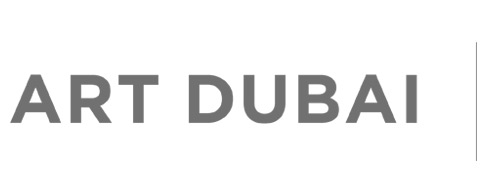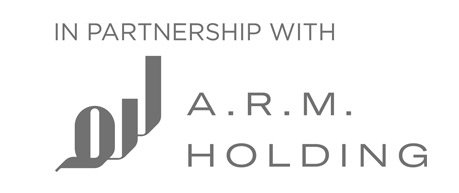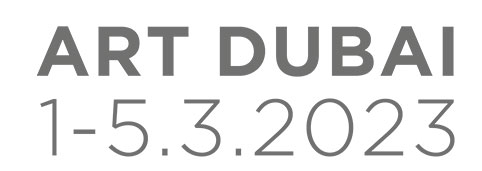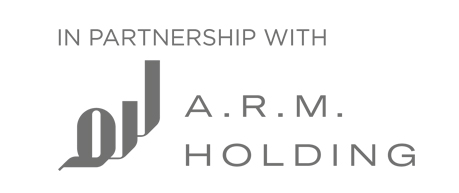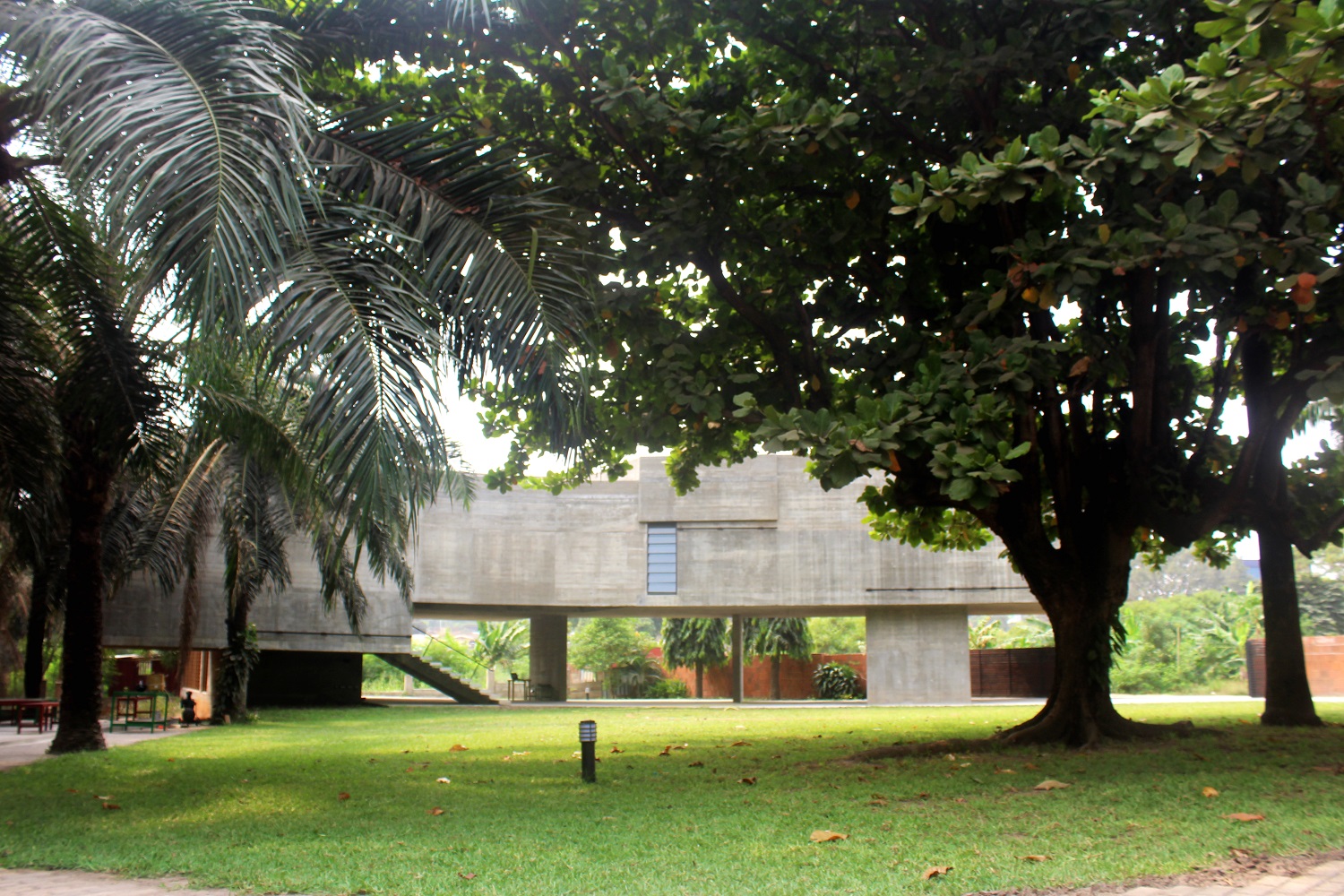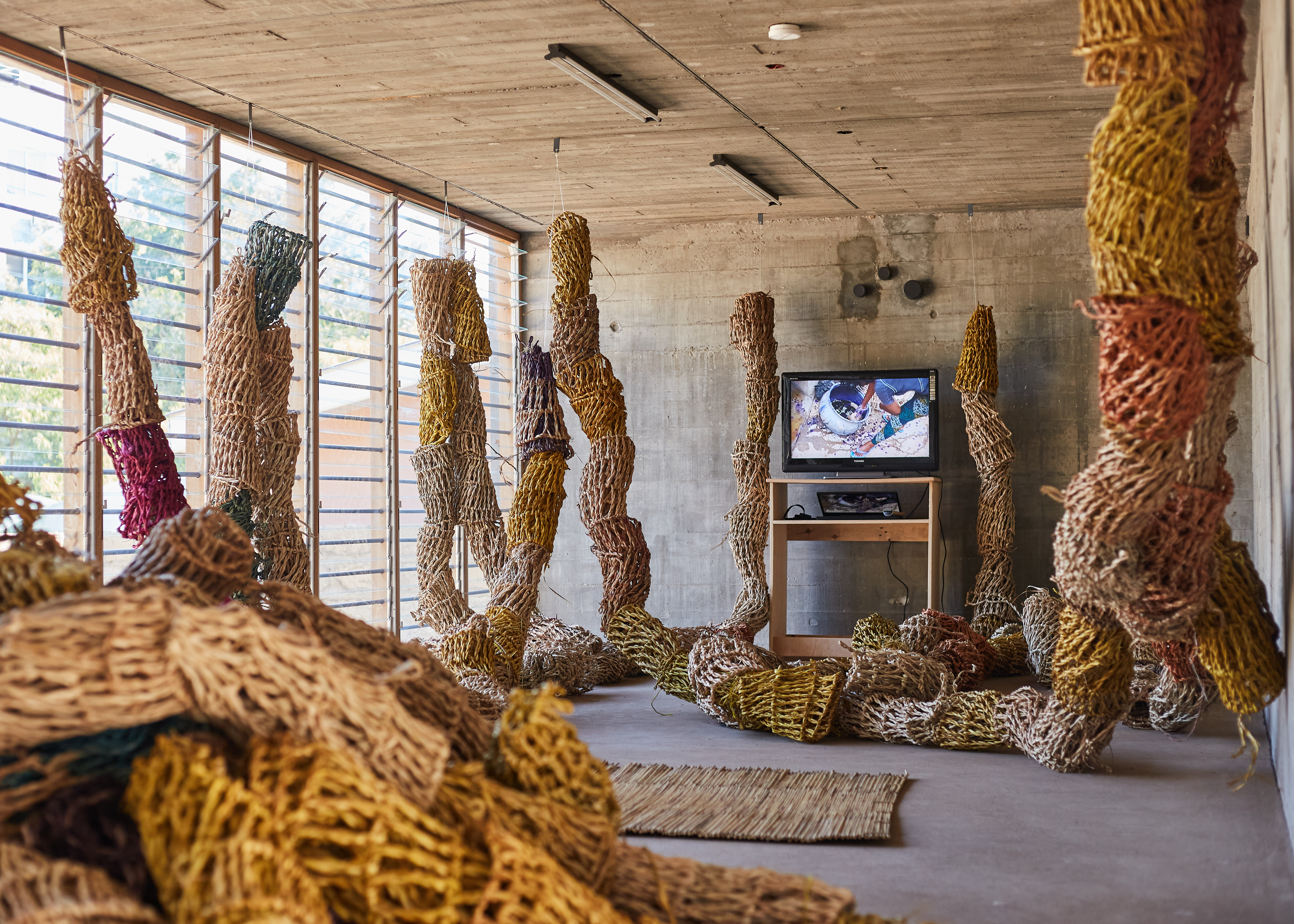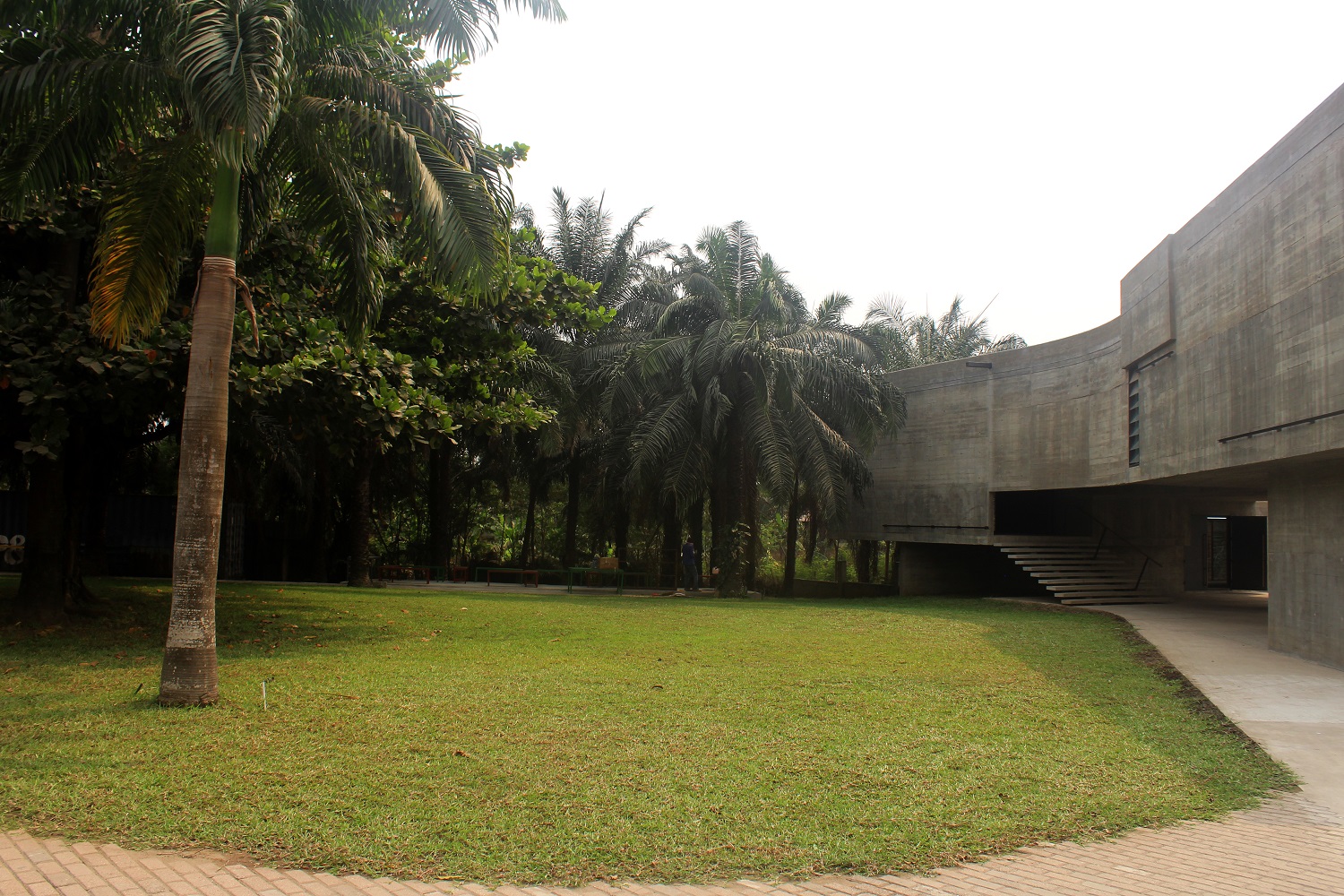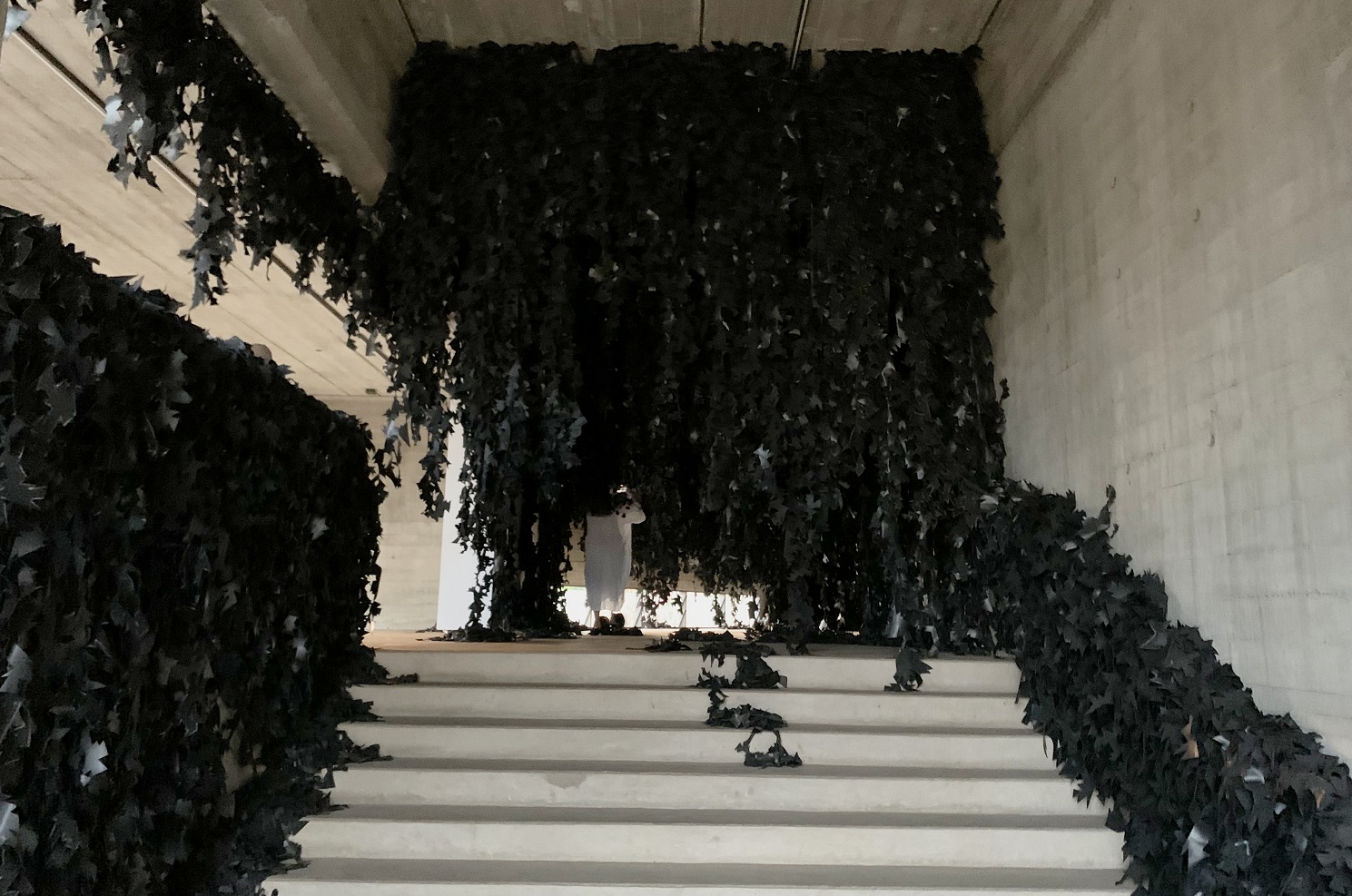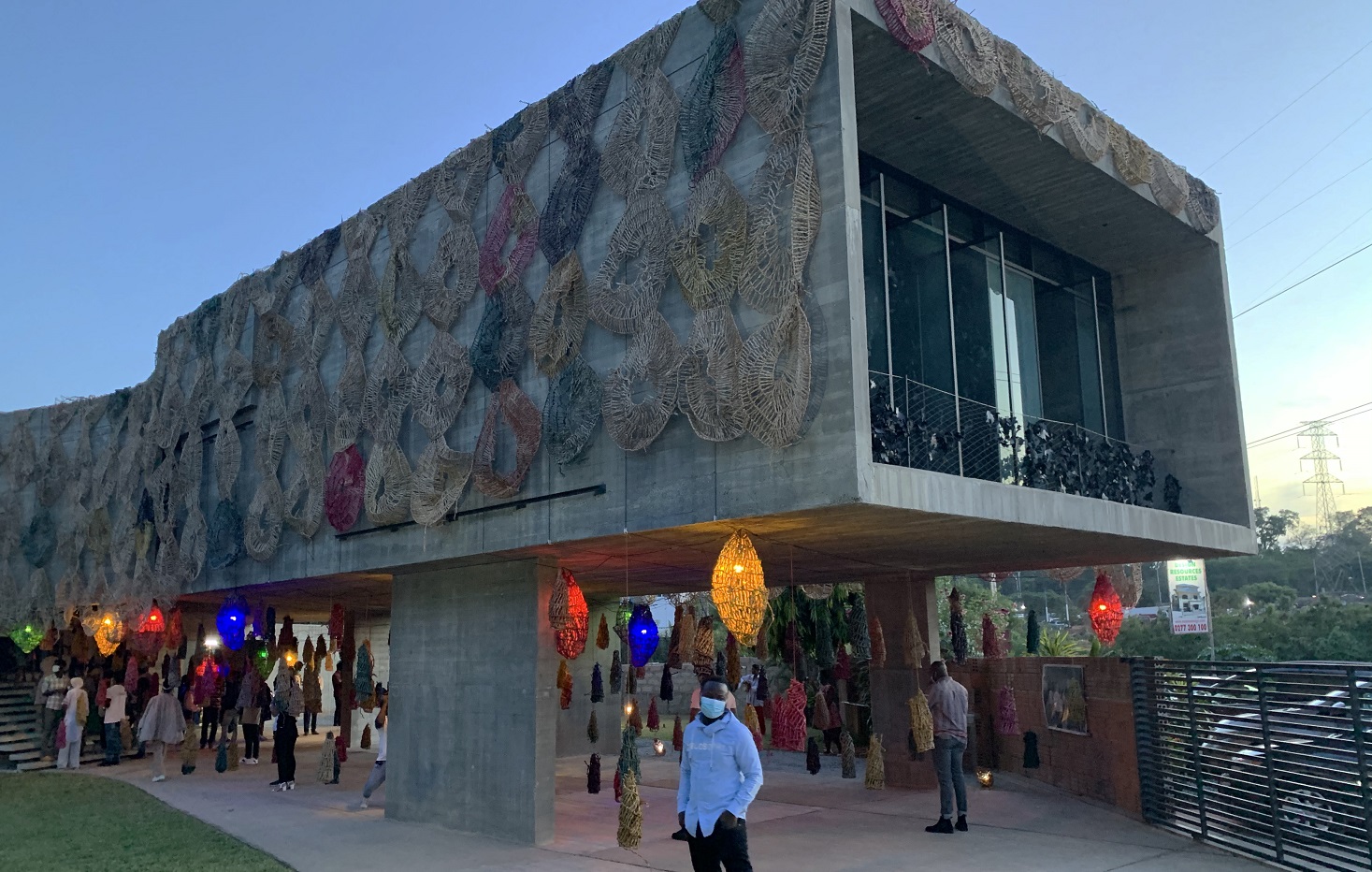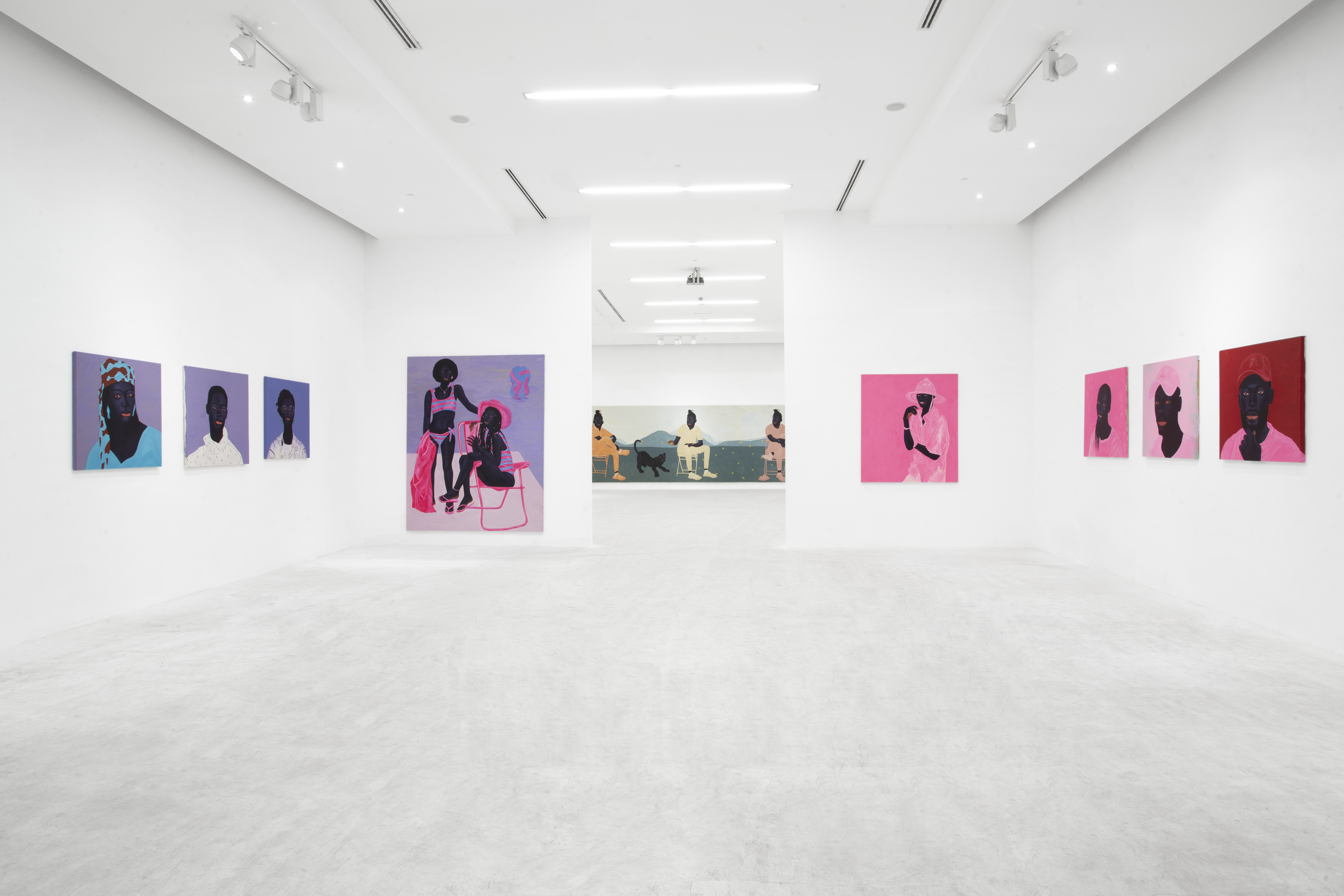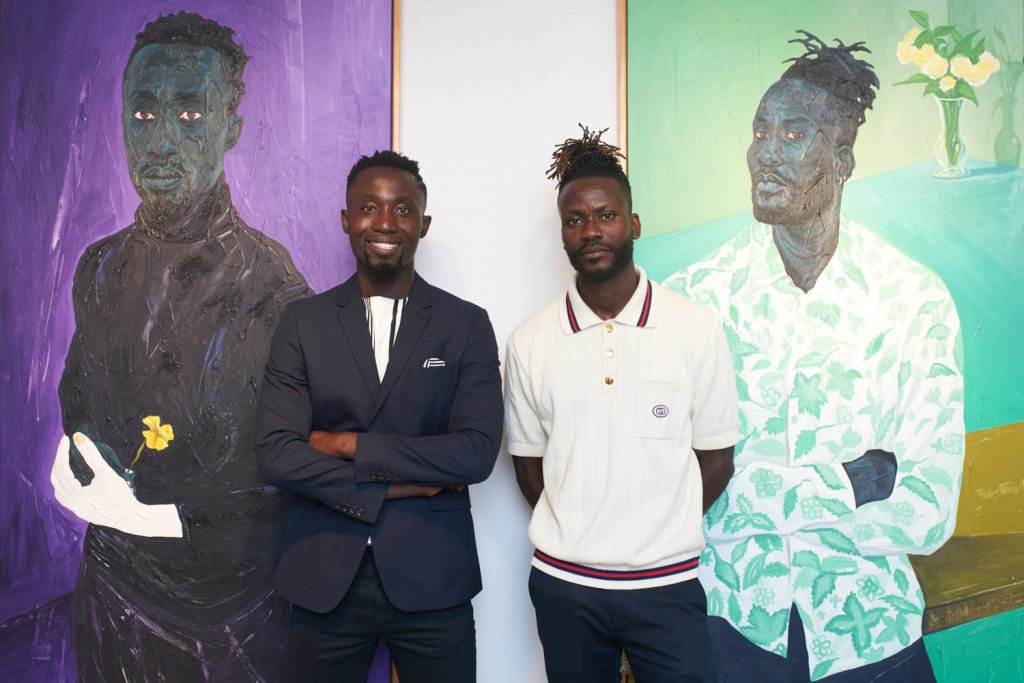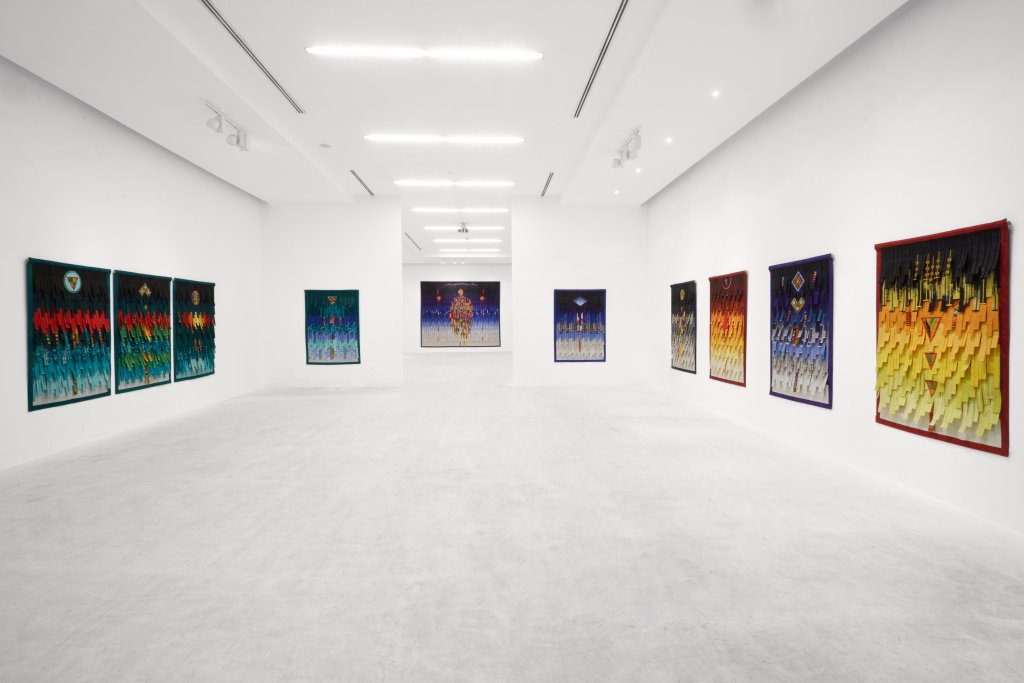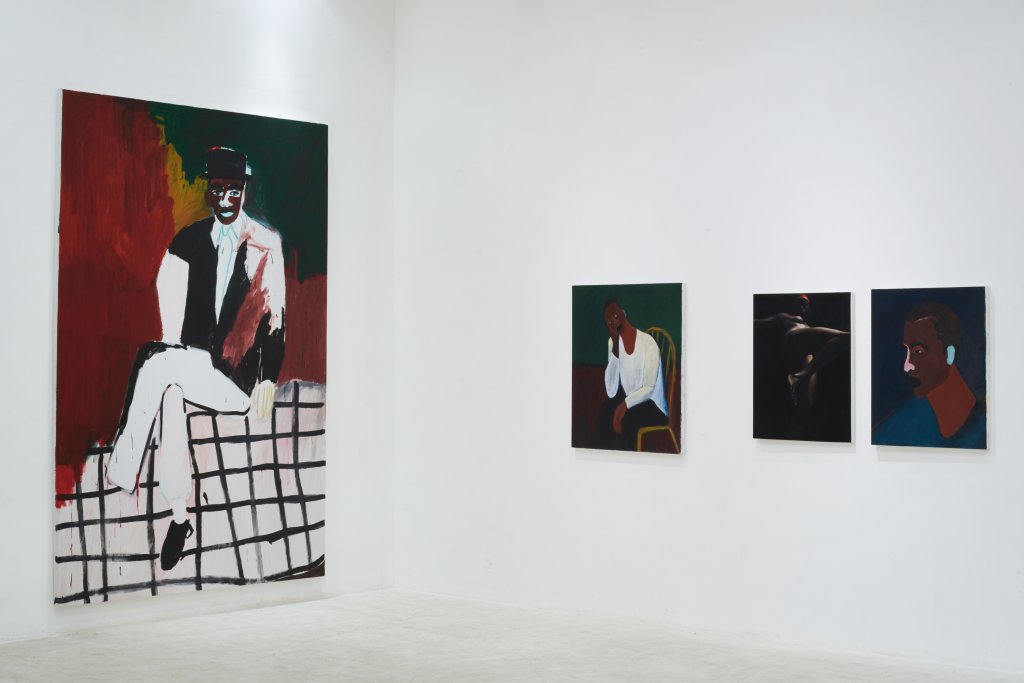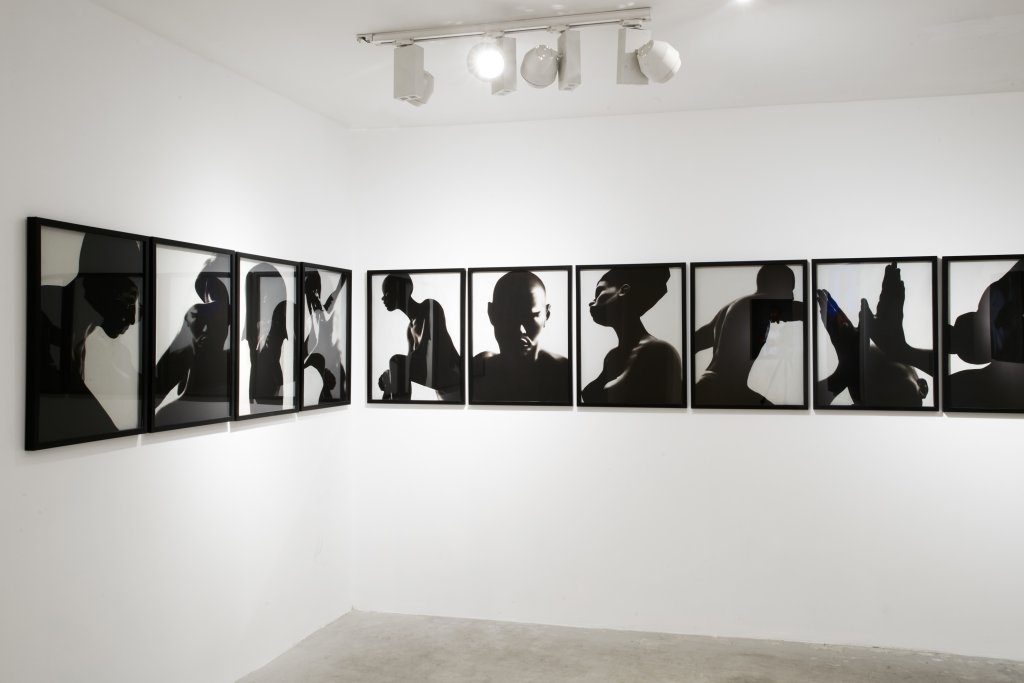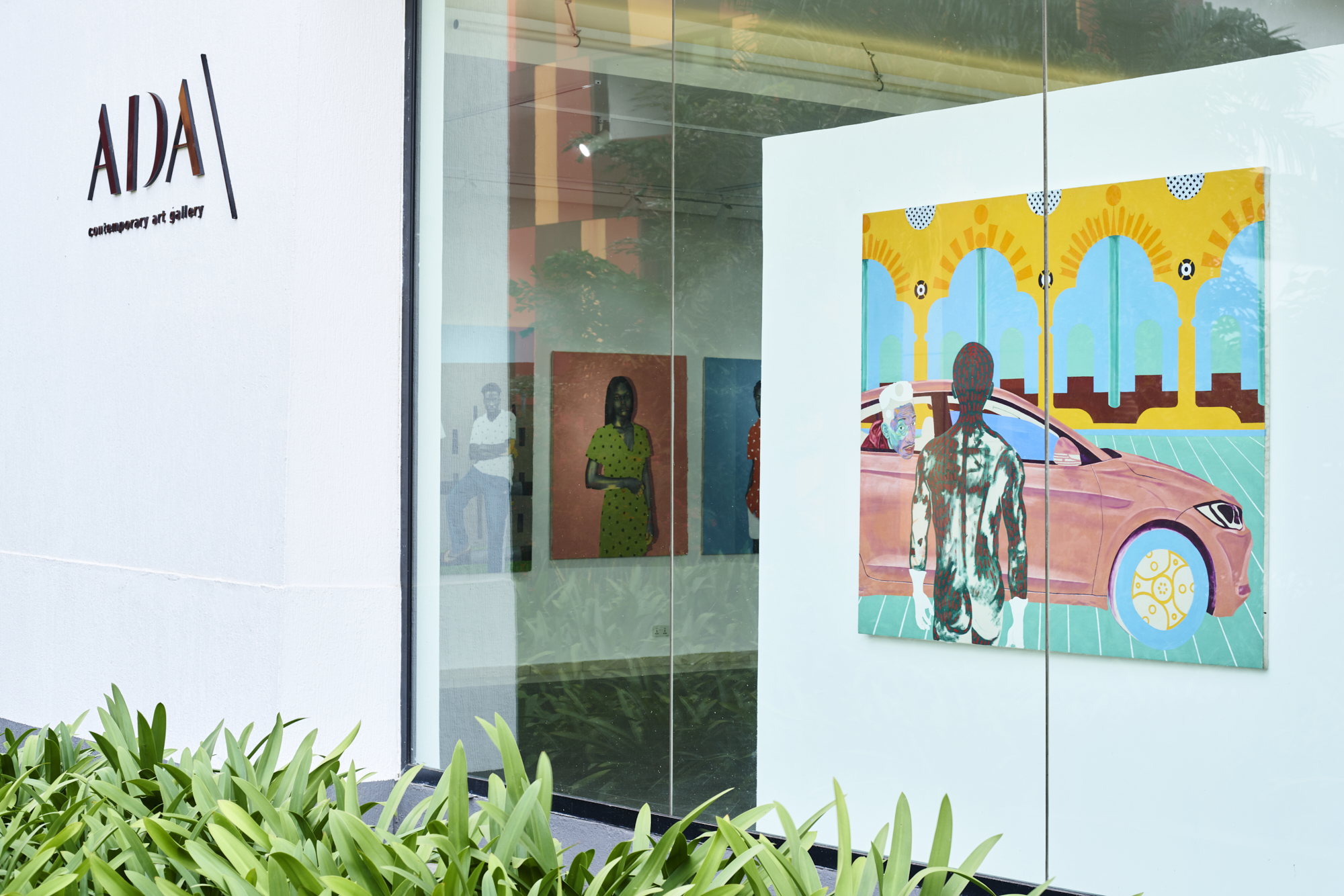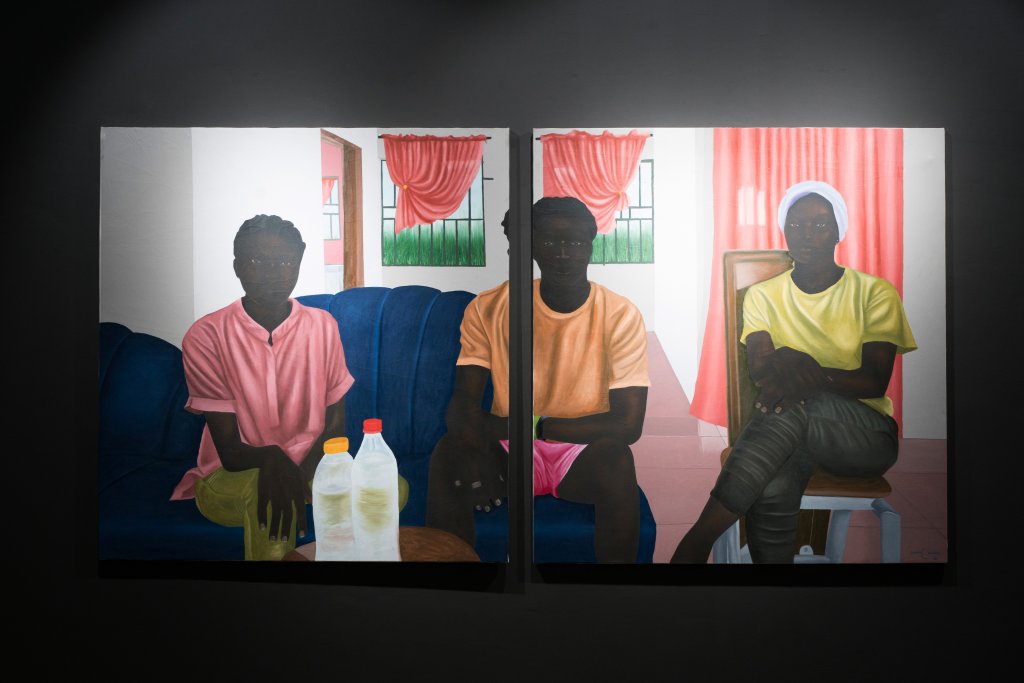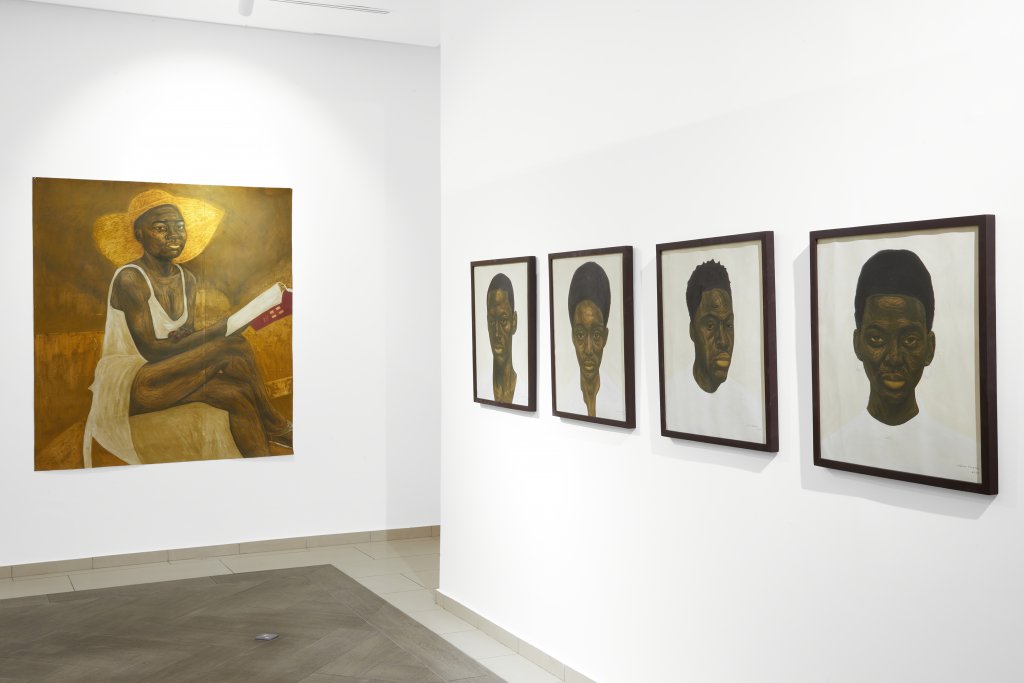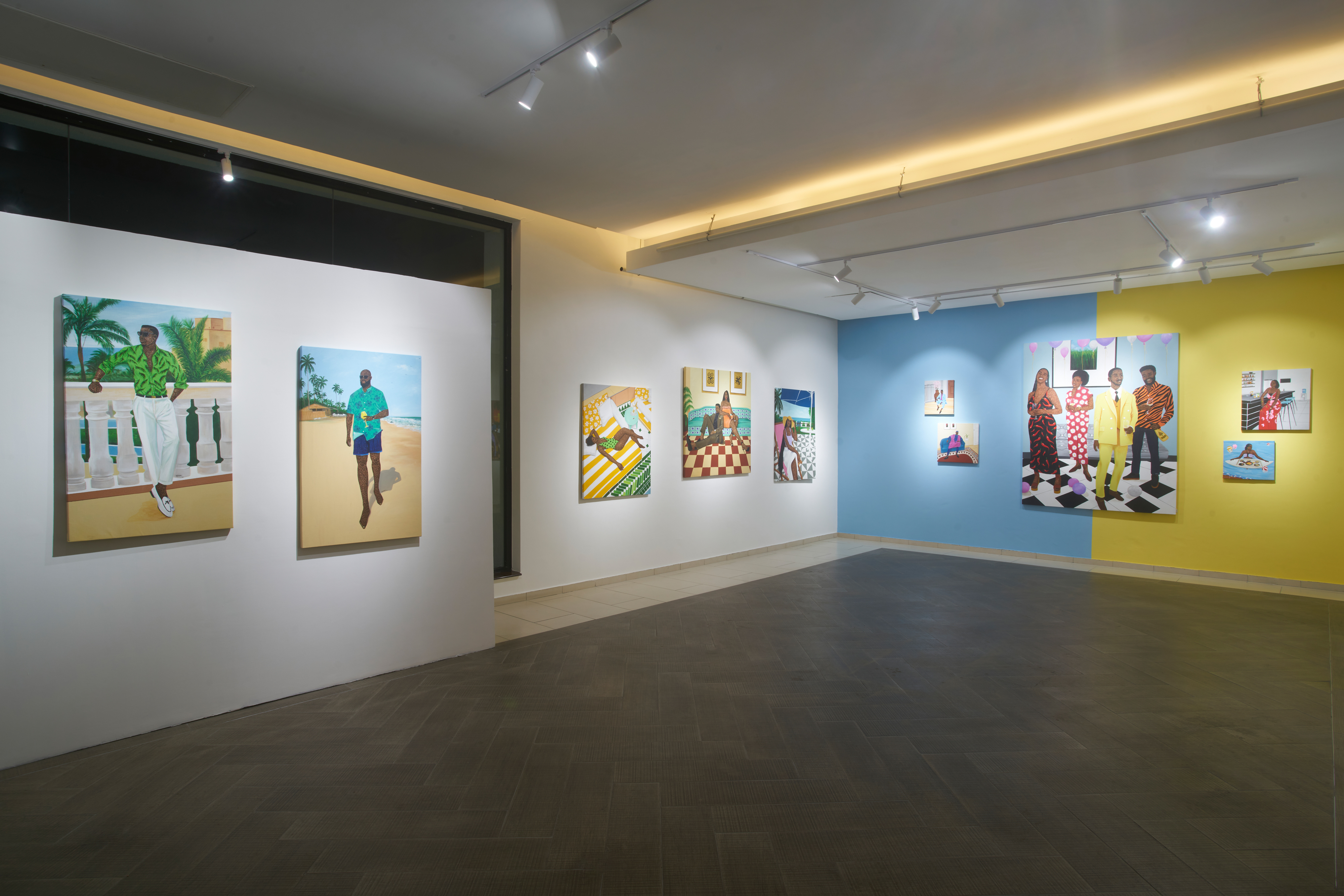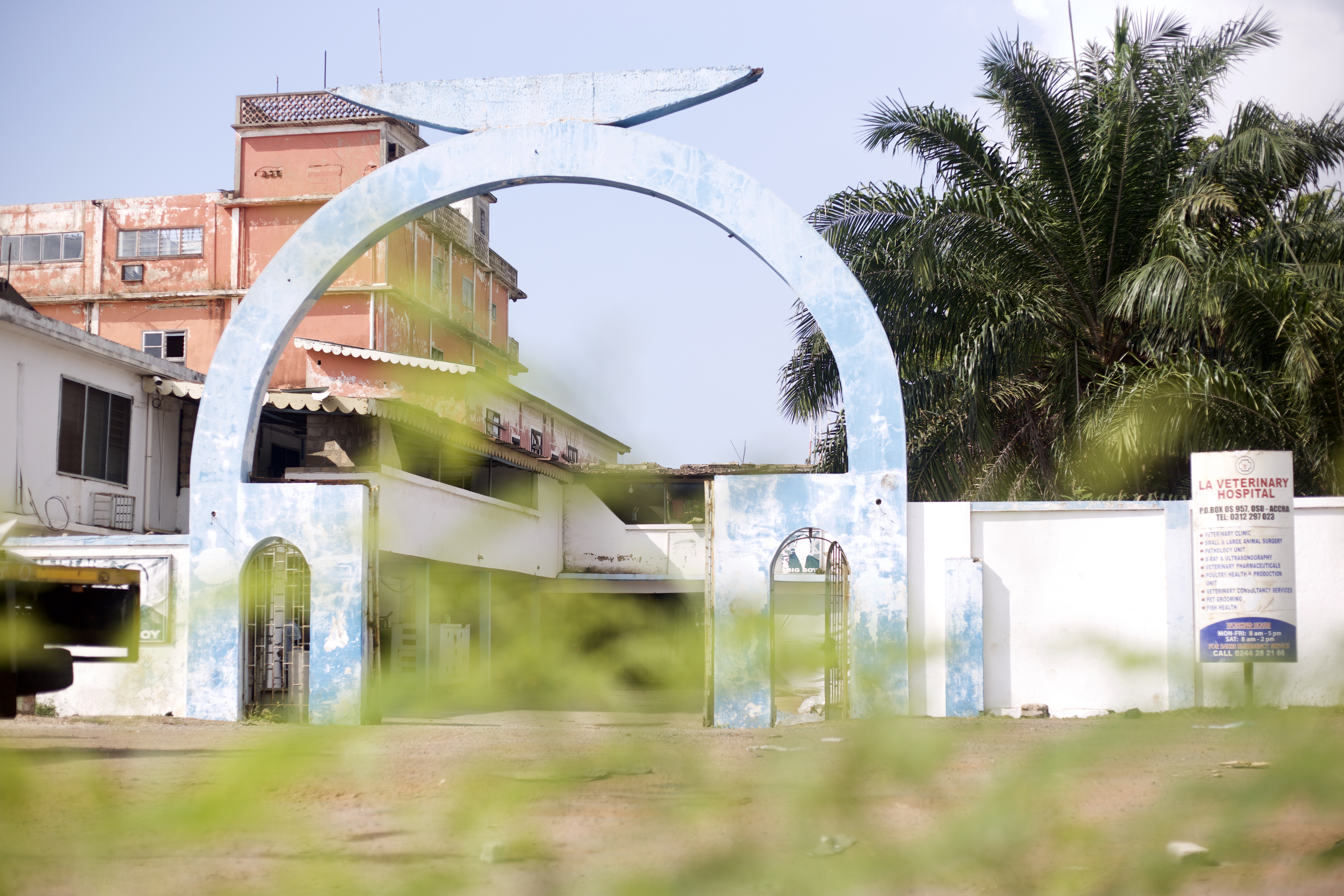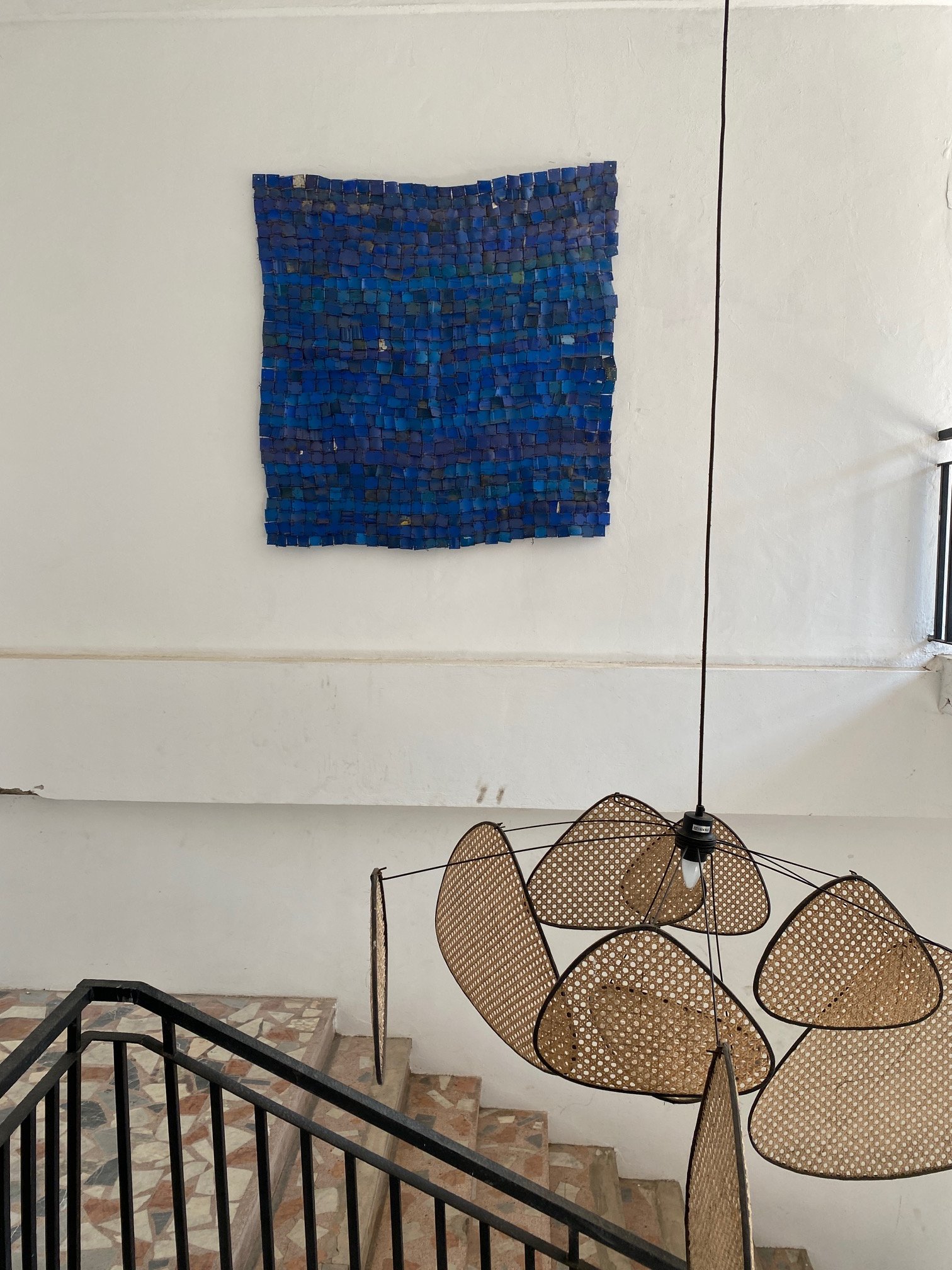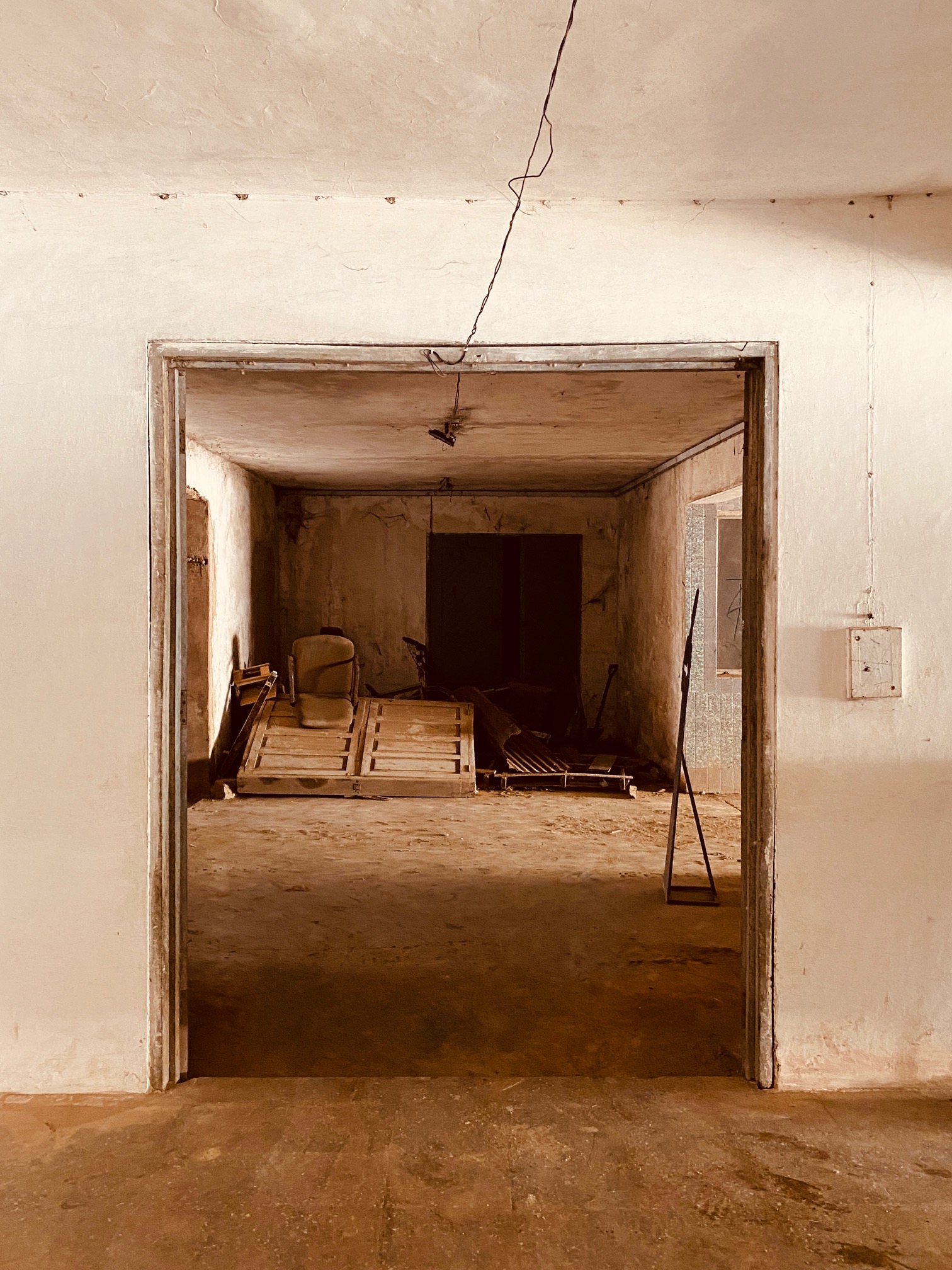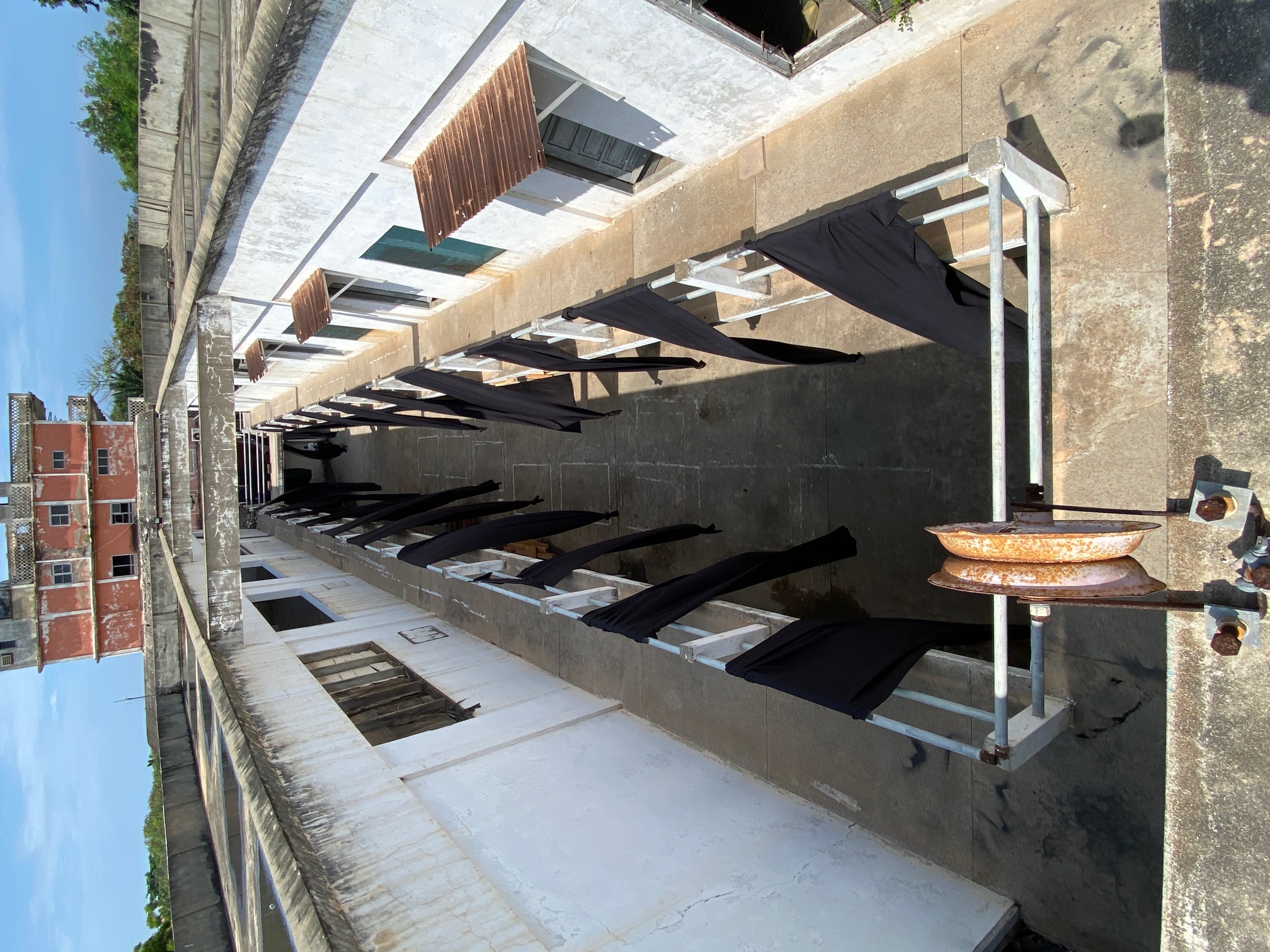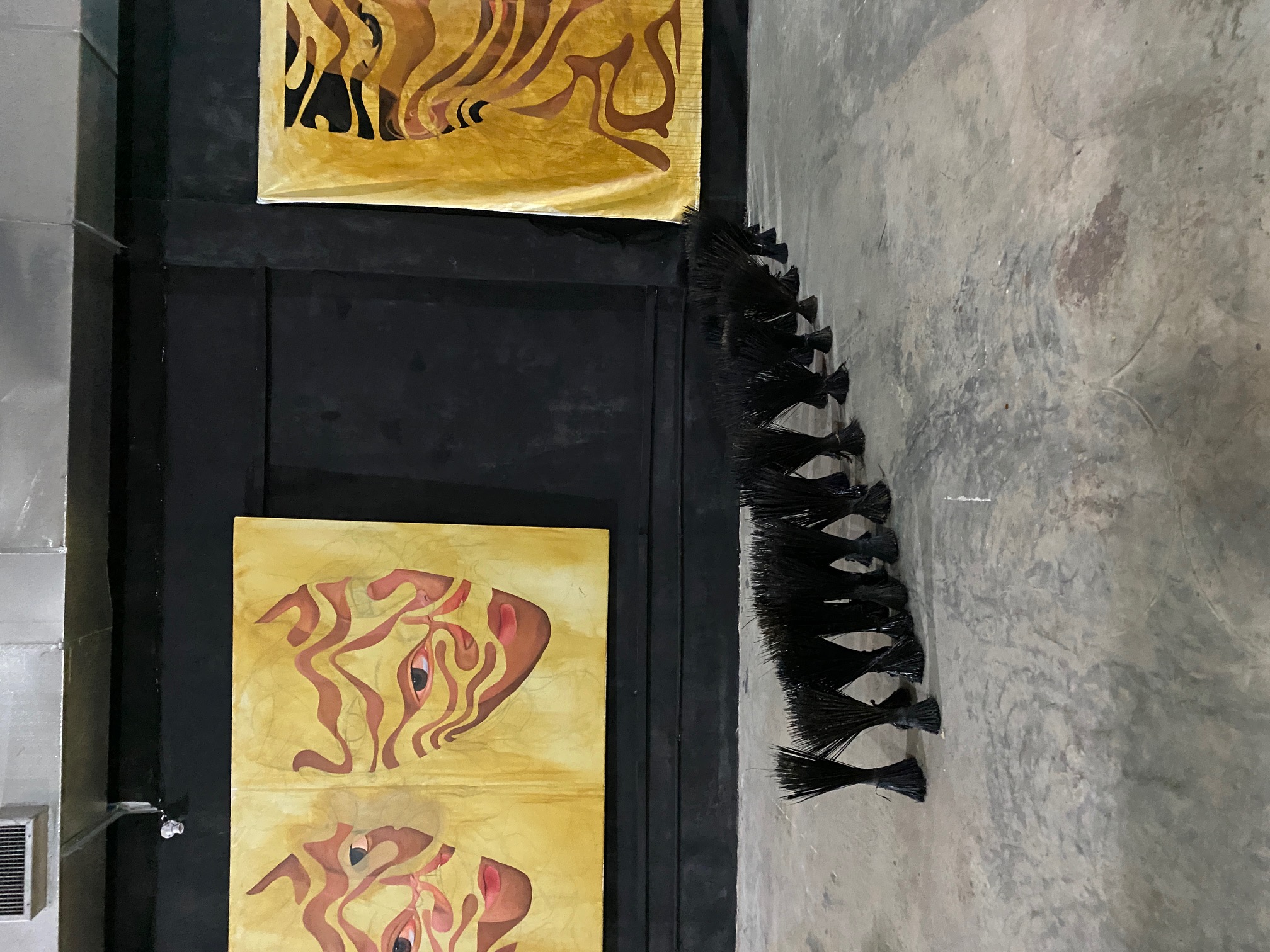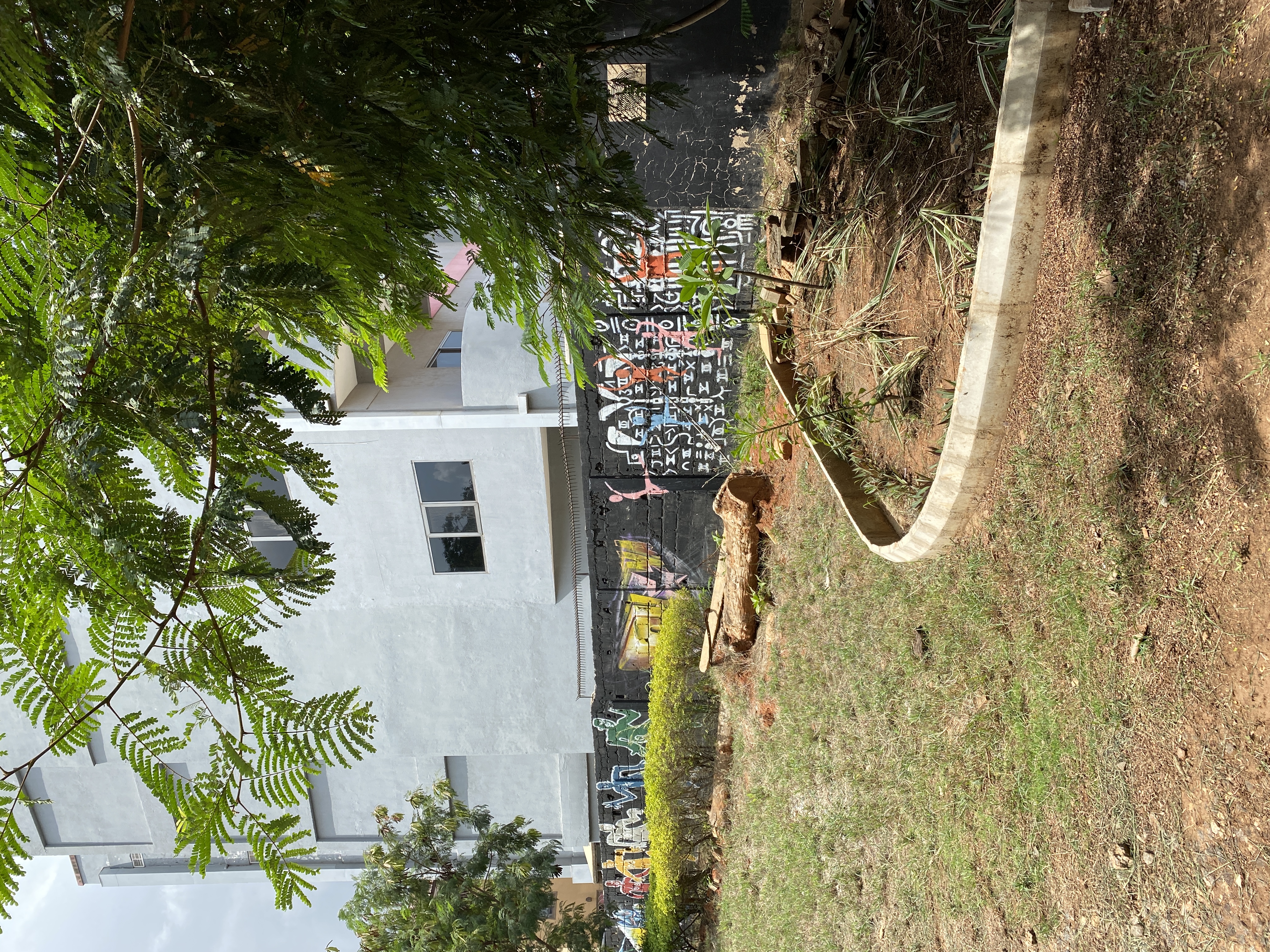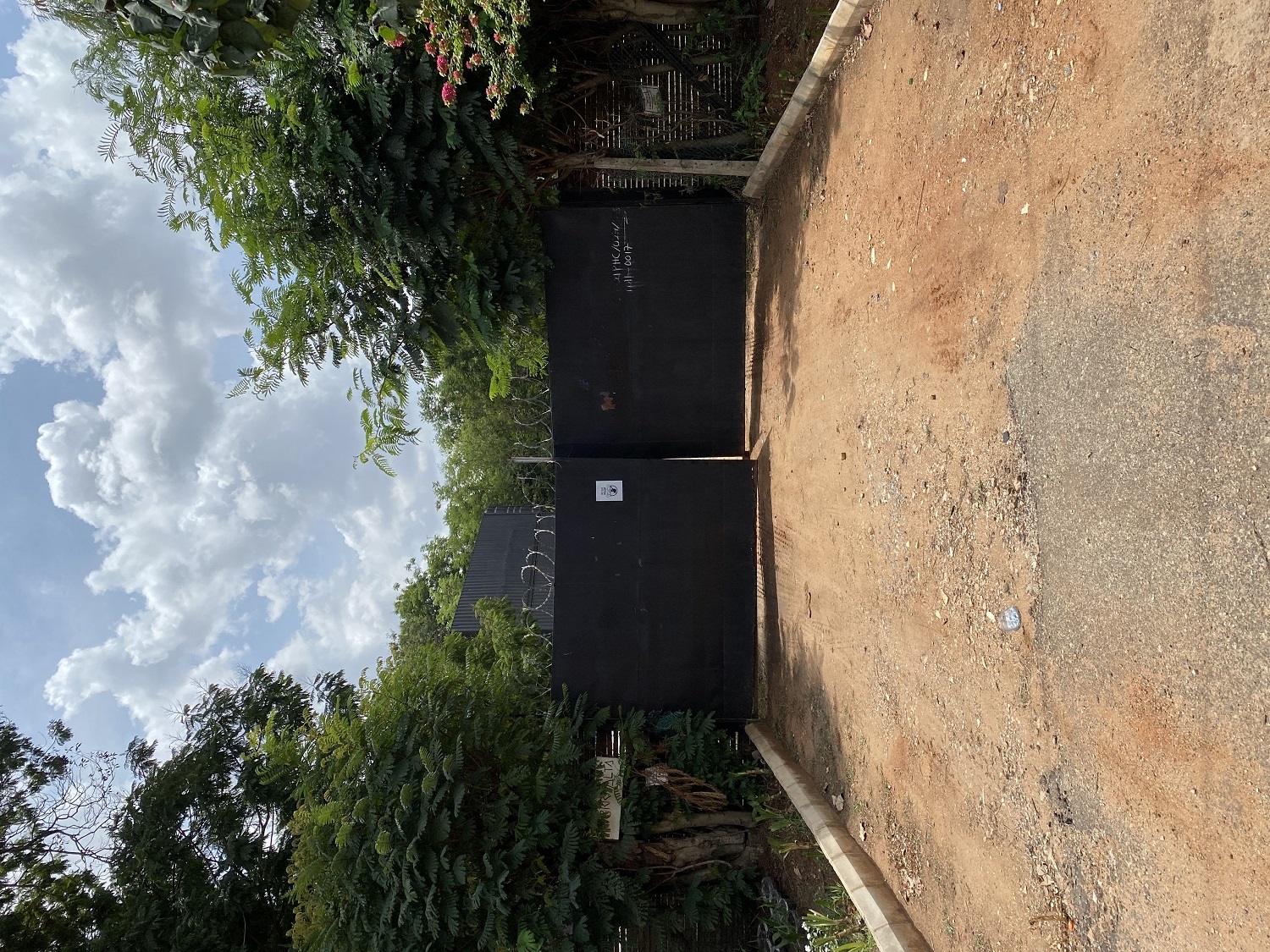When Ghana, a West African nation spanning the Gulf of Guinea and the Atlantic Ocean to the south, gained independence from British colonial rule in 1957, culture played a crucial role in the country’s unification. Kwame Nkrumah, the country’s first Prime Minister and President, promoted the notion of pan-African culture, and to this end he supported initiatives that would celebrate Ghanaian art and culture, including the reopening of the Ghana Museum in 1957 and the establishment of the Arts Council of Ghana and the Institute of African Studies. Nkrumah saw the arts as a way to foster a new national identity. Pre-independence Ghana was home to several artist communities, notably the Akwapim Six. Post 1957, a number of Ghanaian artists came onto the scene, including Victor Butler, Larry Otto, Wiz Kuduwor, Ato Delaquis, Kofi Argorsor and Ablade Glover. The latter founded the Artist Alliance during the 1960s, often known as one of the pioneers of West African modern art.
After Nkrumah was overthrown in 1966, government support for the arts was no more. Apart from the Ghana Pavilion at the 58th Venice Biennale, which marked the country’s first ever participation at the biennale, public funding for arts and culture in Ghana remains practically non-existent. Yet over the last ten years a number of new players have come on the scene garnering international attention for Ghana’s vibrant and growing art scene through commercial art galleries, artist-led space, and artist residencies. These include the Nubuke Foundation, established in 2006 by Ghanaian artist Kofi Setordji to promote and support emerging Ghanaian artists and located in the East Legon district of Accra; Gallery 1957, one of the first commercial art galleries in the city founded by Marwan Zakhem, British-Lebanese-born art collector and managing director of Zakhem, his family’s business; and ADA, a new contemporary art gallery in Accra founded by Ghanaian-Nigerian art consultant Adora Mba that opened in October 2020.
Ghana’s profile as a hub for art and culture has also been boosted by the success of several of its artists, namely Ibrahim Mahama, El Anatsui (Nigerian based), Lynette Yiadom-Boakye (born in London and of Ghanaian heritage) and most recently, Amoako Boafo, the latter whose work soared in value during 2020 achieving $880,971 at a Phillips auction in February 2020—13 times its pre-estimate. Their success has encouraged a new generation of Ghanaian artists as well as younger art dealers and entrepreneurs eager to not only reap the commercial rewards from the buying and selling of art, but also give back to their country by growing the local art scene. This is also being done via a host of artist-led centres that serve as artists’ studios, exhibition and performance spaces, artist residencies and places for community development and education. In Tamale, a city in the northern part of Ghana, Ibrahim Mahama now has three project-led spaces dedicated to exhibitions, art creation and educational outreach. These include the Savannah Center for Contemporary Art (SCCA), in the city of Tamale in northern Ghana in September 2019, followed by two additional spaces, Red Clay in September 2020 and most recently, Nkrumah Volini that opened in April 2021. In Accra performance artist Elisabeth Efua Sutherland founded Terra Alta, an artist-led space for performances and art exhibitions; and in Kumasi, a city in Ghana’s Ashanti region, CrazinisT artisT has set up the PerfocraZe International Artist Residency programme for interdisciplinary artists from around the world. Also in Accra is the Noldor Artist Residency, established in 2020 by Joseph Awuah-Darko.
While Ghana holds much promise as one of Africa’s most exciting new hubs for art and culture, and one that is attracting a wealth of international collectors, dealers and also artists—African American painter Kehinde Wiley has announced that he will open up a Black Rock Residency in Ghana—what is still missing is a solid base of collectors as well as places for art education. The revered Ghanatta College of Arts and Designs, where most Ghanaian artists received training, closed in 2014. Kwame Nkrumah University of Science and Technology is now the only university in Ghana with an arts programme. In the absence of government support, Ghanaian artists, dealers and collectors are giving impetus to the scene themselves.
